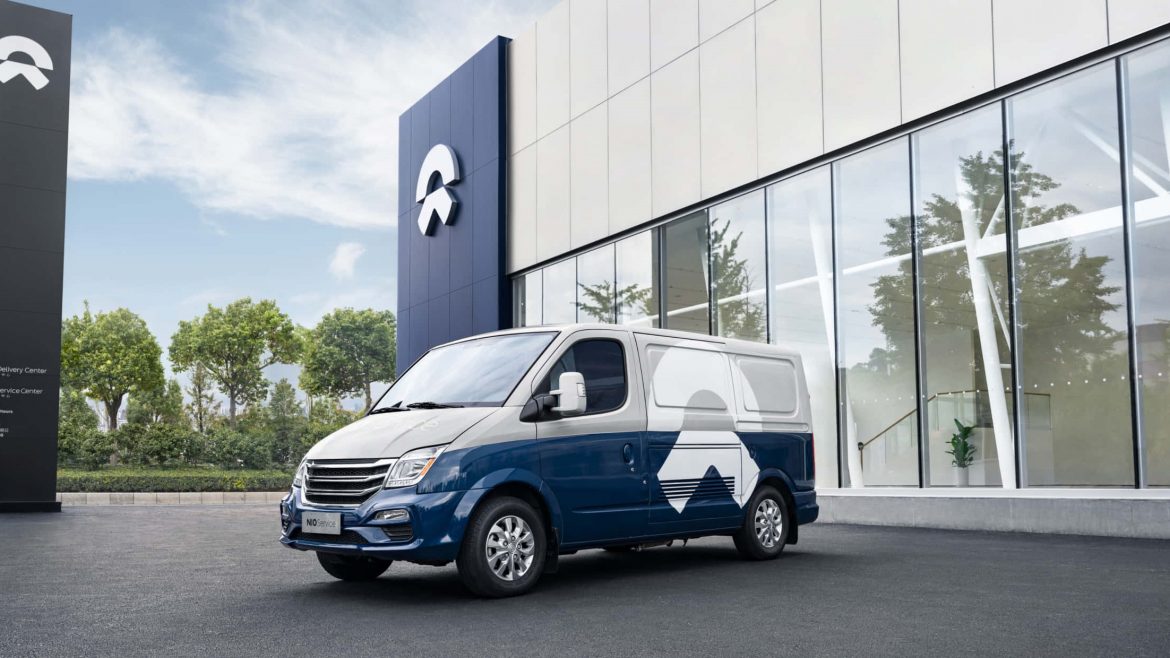Chinese EV maker Nio is partnering with state-owned Changan Automobile to develop electric vehicles (EVs) that come with swappable batteries. Under the agreement, both the companies will work on building and sharing battery-swapping stations as well as standardising batteries. The aim of the partnership is to help the loss-making Nio ease costs and improve profitability as it faces financial challenges.
The company is one of the few Chinese EV makers betting big on battery swapping as a major power option for EVs. It plans to nearly double the total number of such stations in the country this year. As of now, the company has 2,113 battery swapping stations in China and nearly one million charging poles. Others EV makers find such facilities too costly and prefer offering fast charging technologies and extended-range hybrid models to address range anxiety for users.
Nio’s financial obstacles
The EV maker is trimming its workforce and deferring long-term investments to improve efficiency and reduce costs in the face of growing competition. This comes as US automaker Tesla waged a price war at the beginning of the year. Nio ranked eighth in terms of EV sales in China in the first nine months of the year at 109,993 units, according to data from China Passenger Car Association.
What is battery swapping?
This mechanism allows drivers to replace their depleted battery packs with fully charged packs within minutes. This saves them from the hassle of plugging the vehicle into a charging point and waiting for them to juice up. Battery swapping is possible only in vehicles that come with detachable batteries. It is expected that this mechanism can help ease the strain on power grids at peak times when drivers recharge. However, industry analysts and executives believe that this could become feasible only if batteries become more standardised.



